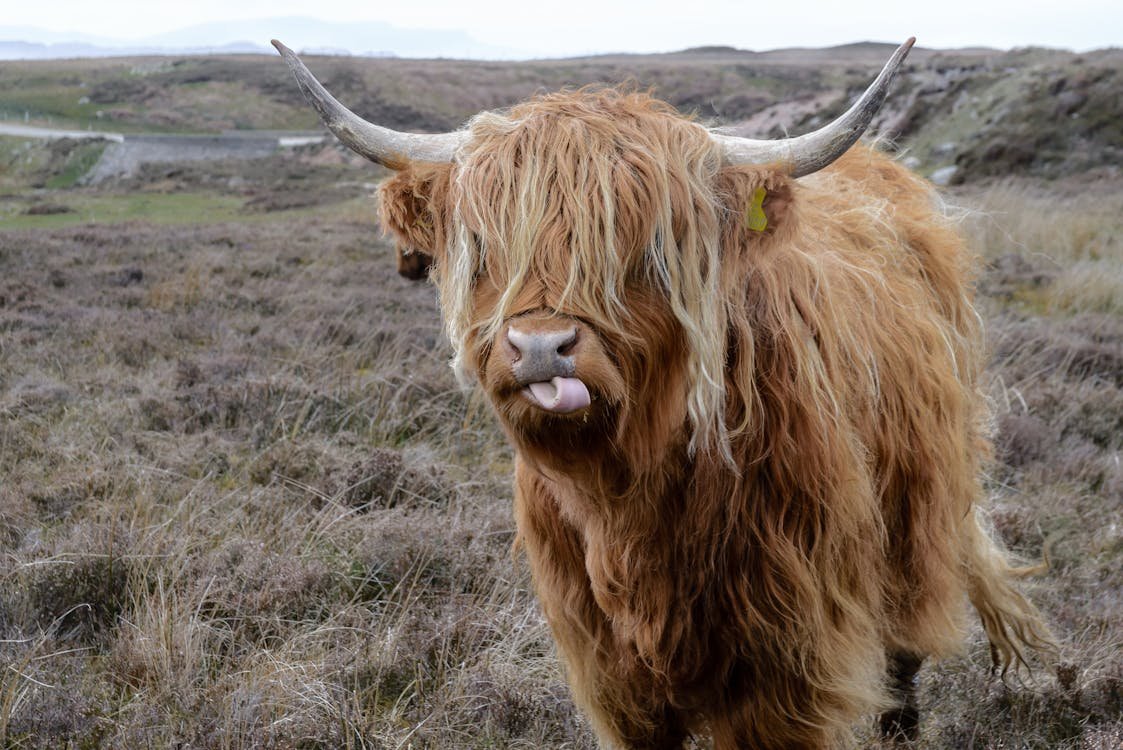Cattle are essential to the agricultural economy, providing meat, milk, and other products. Ensuring their health and productivity hinges on a well-balanced diet. Understanding the nutritional needs of cattle is crucial for farmers, ranchers, and anyone involved in livestock management. This article delves into the components of a balanced diet for cattle and the importance of each nutrient.
1. Forage
- Description: Forage is the primary component of a cattle diet. It includes grasses, legumes, and hay. Cattle are ruminants, which means their digestive systems are specially adapted to process fibrous plant materials.
- Importance: High-quality forage provides essential fiber, aiding in digestion and promoting rumen health. It also contributes to overall nutrient absorption and energy supply.
2. Concentrates
- Description: Concentrates are energy-dense feeds, typically consisting of grains (such as corn and barley) and protein meals (like soybean meal and canola meal).
- Importance: These feeds provide readily available energy and protein, essential for growth, lactation, and overall health. They are particularly useful during periods of high energy demand, such as lactation or growth phases.
3. Minerals
- Description: Essential minerals include calcium, phosphorus, magnesium, potassium, and trace minerals such as zinc, copper, and selenium.
- Importance: Minerals play a critical role in bone development, enzyme function, and overall metabolic processes. Calcium and phosphorus are crucial for bone health, while trace minerals support immune function and reproduction.
4. Vitamins
- Description: Vitamins such as A, D, E, and B-complex are vital for cattle health.
- Importance: Vitamins support various bodily functions, including vision, immune response, and reproduction. Vitamin A is crucial for vision and immune function, while vitamin D aids in calcium absorption.
5. Water
- Description: Water is often overlooked but is vital for cattle health.
- Importance: Cattle require a significant amount of water daily for digestion, nutrient absorption, and overall metabolic processes. Access to clean, fresh water is essential for maintaining hydration and productivity.
6. Fiber
- Description: Fiber primarily comes from forage and roughage.
- Importance: Adequate fiber intake is essential for proper rumen function. It helps regulate digestion and promotes a healthy microbial population in the rumen, which aids in nutrient breakdown.
Conclusion
A balanced diet for cattle comprises a mix of forage, concentrates, minerals, vitamins, fiber, and water. Each component plays a vital role in ensuring the health and productivity of cattle. Understanding these nutritional needs is crucial for farmers and ranchers to optimize the growth, reproduction, and overall well-being of their livestock. By focusing on a balanced diet, cattle producers can enhance the quality of their herds and contribute positively to the agricultural industry.

